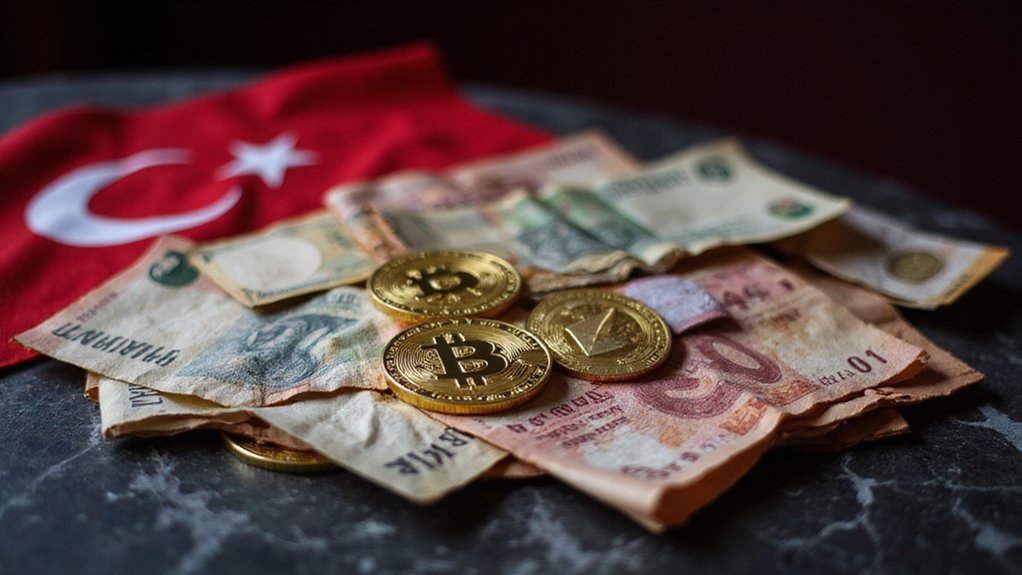Bitvavo has secured its Markets in Crypto-Assets (MiCA) license from the Dutch Authority for Financial Markets, positioning the Amsterdam-based exchange as what it boldly claims to be a leader in the European Union‘s newly regulated crypto landscape. The licensing process, which commenced January 1, 2025, places Bitvavo among a select group of exchanges fully authorized under the thorough regulatory framework designed to standardize crypto operations across all EU member states.
The MiCA license represents more than regulatory box-ticking—it provides Bitvavo with operational carte blanche throughout the European Union under unified rules, eliminating the Byzantine maze of individual national regulations that previously fragmented the market. This streamlined approach theoretically enhances operational efficiency while reducing compliance costs, though whether such savings translate to consumer benefits remains an open question in the perpetually optimistic world of crypto marketing.
Bitvavo’s chief risk officer praised the “constructive and efficient collaboration” with Dutch regulators during the licensing process, suggesting a revitalizing pragmatic approach to compliance that contrasts sharply with the adversarial relationships often characterizing crypto-regulatory interactions elsewhere. The framework emphasizes investor protection, market integrity, and transparency mandates—principles that sound almost quaint in an industry historically characterized by regulatory arbitrage and creative interpretations of financial law. This push for regulatory clarity reflects broader industry trends toward establishing more favorable environments for sustainable crypto growth.
The license enables Bitvavo to expand services EU-wide without traversing the labyrinthine requirements of individual jurisdictions, potentially increasing market share and attracting institutional participation. Whether this translates to genuine competitive advantage or merely provides breathing room in an increasingly regulated environment depends largely on execution and market dynamics beyond regulatory compliance. The timing appears fortuitous, as EU trading volumes surged 70% in the first quarter of 2025 following MiCA’s implementation, suggesting strong market momentum for compliant exchanges. The company now joins major exchanges like Kraken, Coinbase, and Bybit in the post-MiCA regulatory landscape.
MiCA’s standardization efforts aim to foster innovation within secure parameters while ensuring financial stability—a delicate balance between encouraging technological advancement and preventing the spectacular implosions that periodically remind everyone why financial regulation exists. Bitvavo’s early adoption positions it advantageously, though claiming “leadership” based primarily on regulatory compliance suggests either remarkable confidence or a strikingly low bar for industry distinction.
The enhanced legal clarity should boost consumer confidence, assuming European investors prioritize regulatory compliance over the wild-west excitement that traditionally attracted crypto enthusiasts seeking returns uncorrelated with conventional financial wisdom.









